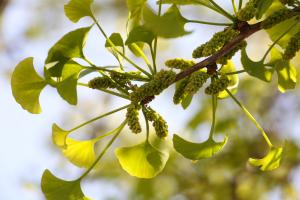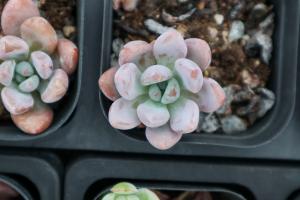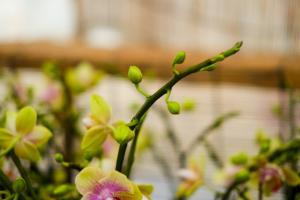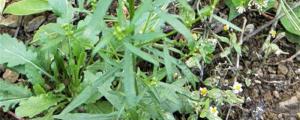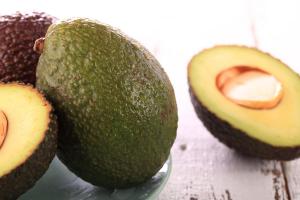Does Bleach Kill Trees and Plants?
Bleach is a commonly used, powerful cleaning agent that can effectively remove stains and sanitize surfaces. It is often used in households, industries, and even in gardening practices. However, its potential effects on trees and plants are not widely known. In this article, we explore whether bleach kills trees and plants and discuss the impacts of using bleach in gardening.
What is Bleach?
Bleach is a chemical substance made up of sodium hypochlorite. It is usually produced by the reaction of chlorine with sodium hydroxide. The resulting solution is a strong oxidant and has the ability to neutralize bacteria, viruses, and fungi, making it an effective disinfectant. Bleach is also commonly used in cleaning and laundry maintenance.
Does Bleach Kill Trees and Plants?
In general, bleach can be harmful to trees and plants. It has a high pH level, which makes it capable of disrupting the natural balance of nutrients and microflora in the soil. This can negatively affect the health of plants, often resulting in damage or death. Additionally, direct contact with bleach can cause physical damage to the leaves and stem of plants, as well as inhibit photosynthesis.
Moreover, if bleach is not properly diluted, it can cause the surrounding soil to become too alkaline, which can prevent plants from adequately absorbing important nutrients from the soil, such as iron and magnesium. This can lead to a lack of oxygen uptake and eventual death of the plants.
Using Bleach in Gardening
Bleach can be used in gardening to disinfect gardening tools, pots, and other equipment. However, it is important to use a diluted solution and not allow it to come into direct contact with plants or soil. The recommended concentration for household bleach is one part bleach to nine parts water.
When using bleach in gardening practices, it is also crucial to only apply it when necessary, as overuse can lead to long term negative effects. It is best to explore alternative organic gardening practices that are safer for plants and the environment, such as using compost or natural fertilizers.
Conclusion
While bleaching agents can be used to effectively sanitize and clean household items and equipment, it is important to consider their significant effects on trees and plants. Direct exposure to bleach can harm and even kill plants, so it must be used with caution in gardening. For a safer and more eco-friendly approach to gardening, organic alternatives should be explored.

 how many times do yo...
how many times do yo... how many planted tre...
how many planted tre... how many pine trees ...
how many pine trees ... how many pecan trees...
how many pecan trees... how many plants comp...
how many plants comp... how many plants can ...
how many plants can ... how many plants and ...
how many plants and ... how many pepper plan...
how many pepper plan...
